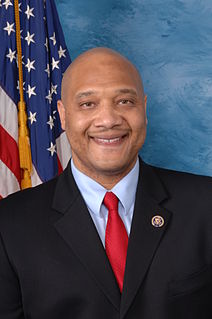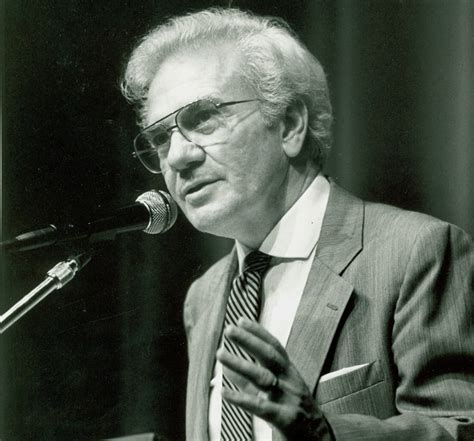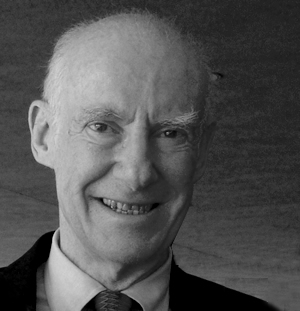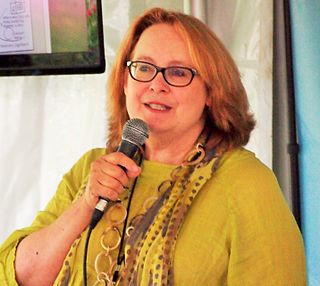A Quote by Jared Polis
Too often, our most vulnerable students - English-language learners, immigrants, poor kids, teenage parents, students with behavioral problems and learning disabilities - fall through the cracks.
Related Quotes
Most of us are visual learners. Some of us are auditor learners – we learn by hearing. Many of us are kinesthetic learners. We learn by doing, touching, feeling. I have found … that we need an educational model that is current, that meets the need of our students. America must understand that she needs Muslims.
Public education for some time has been heavily focused on what curricula we believe will be helpful to students. Life-Enriching Education is based on the premise that the relationship between teachers and students, the relationships of students with one another, and the relationships of students to what they are learning are equally important in preparing students for the future.
I believe it is essential to have English as the official language of our National Government, for the English language is the tie that binds the millions of immigrants who come to America from divergent backgrounds. We should, and do, encourage immigrants to maintain and share their traditions, customs and religions, but the use of English is essential for immigrants and their children to participate fully in American society and achieve the American dream.
While the most disadvantaged students - most often poor students of color - receive the most considerable academic benefits from attending diverse schools, research demonstrates that young people in general, regardless of their background, experience profound benefits from attending integrated schools.
What is wrong with encouraging students to put "how well they're doing" ahead of "what they're doing." An impressive and growing body of research suggests that this emphasis (1) undermines students' interest in learning, (2) makes failure seem overwhelming, (3) leads students to avoid challenging themselves, (4) reduces the quality of learning, and (5) invites students to think about how smart they are instead of how hard they tried.
By believing that only some of our students will ever develop a love of books and reading, we ignore those who do not fall into books and reading on their own. We renege on our responsibility to teach students how to become self-actualized readers. We are selling our students short by believing that reading is a talent and that lifelong reading behaviors cannot be taught.


































